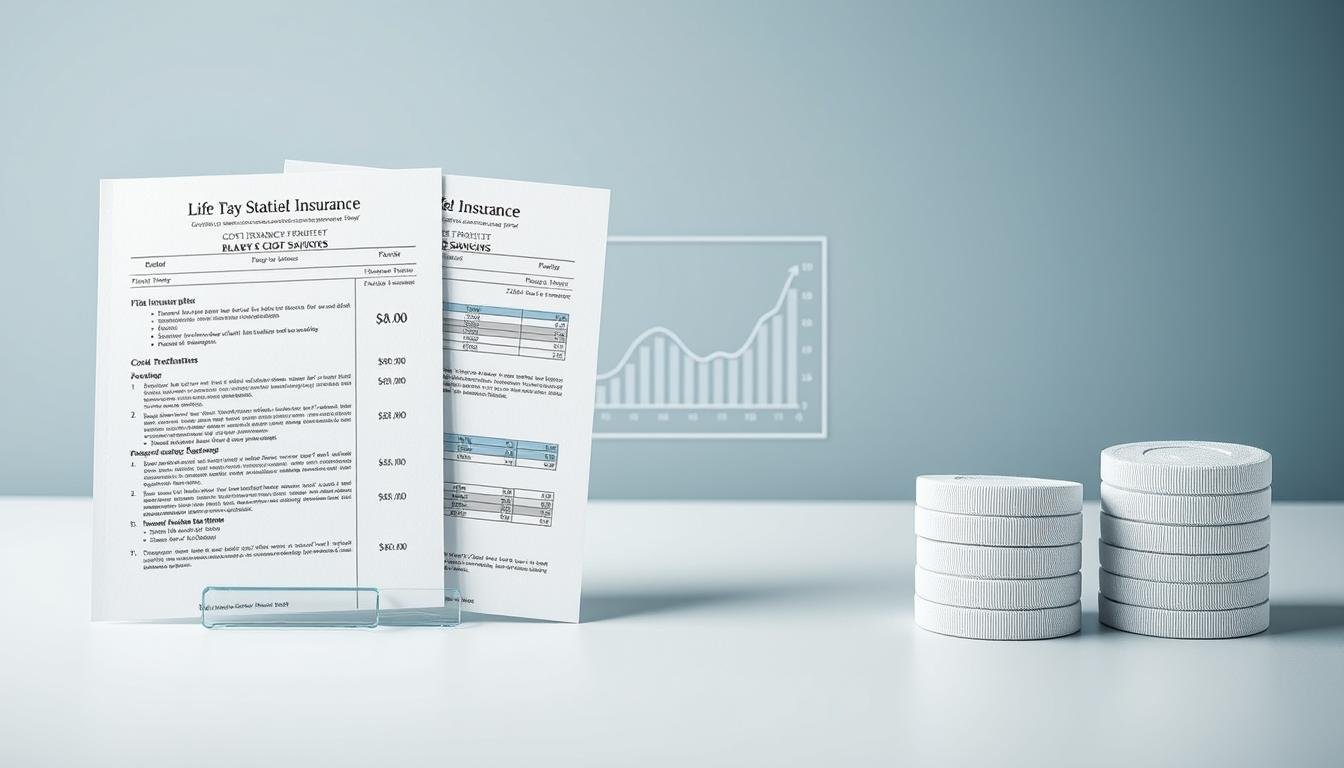Wondering which life insurance plan saves you the most? Our informative guide covers the top money-saving options to help you…
Read More

Wondering which life insurance plan saves you the most? Our informative guide covers the top money-saving options to help you…
Read More
Tired of waiting for your insurance money? Find out how to accelerate the payout process in our informative guide on…
Read More
Are you one of the many people overpaying for insurance without realizing it? My how-to guide shows you how to…
Read MoreWhen it comes to the insurance industry secrets, there’s a lot more going on behind the scenes than you might…
Read More
As a professional SEO copywriter, I recommend the top-rated house insurance plans to safeguard your property in the US.
Read More
Protect your ride with the best car insurance. Get personalized quotes, comprehensive coverage, and exceptional service to maximize protection and…
Read More
Explore the world with confidence. Our "travel insurance international" plans offer comprehensive protection for your international travels. Stay covered and…
Read More
Safeguard your family's future with a comprehensive whole life insurance policy. Reliable coverage and a guaranteed payout - explore your…
Read More
Protect your investment on the water with comprehensive boat insurance. Learn about the coverage options for your boat, from liability…
Read More
Discover the top health insurance plans available and choose the right coverage for your budget.
Read More